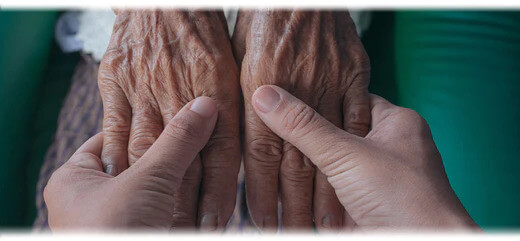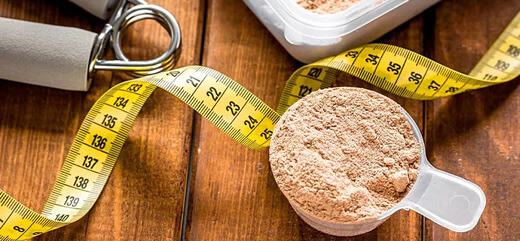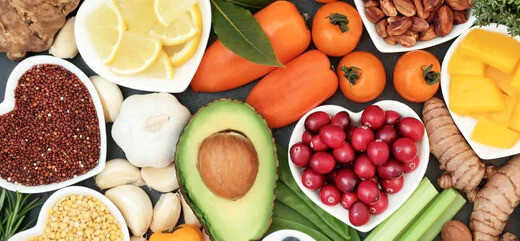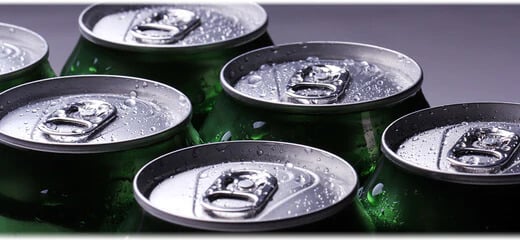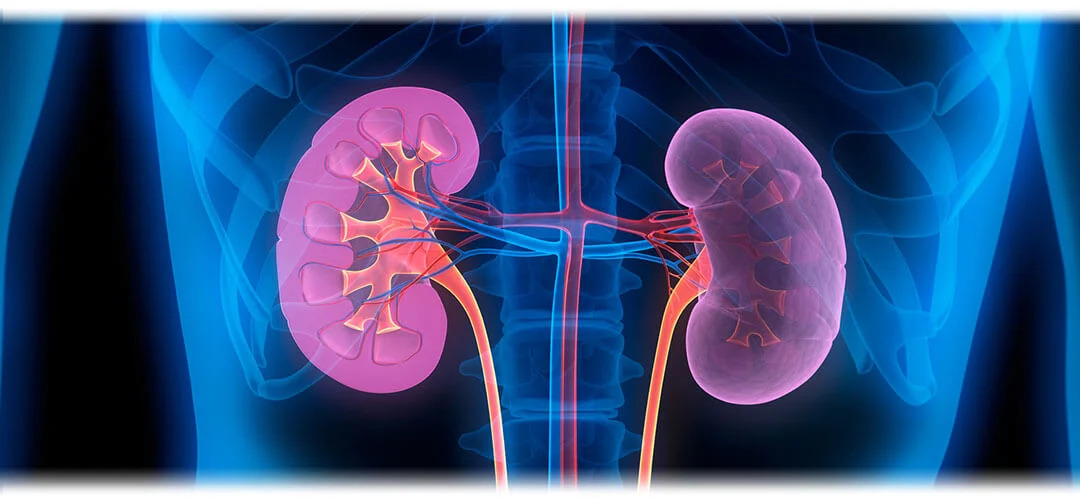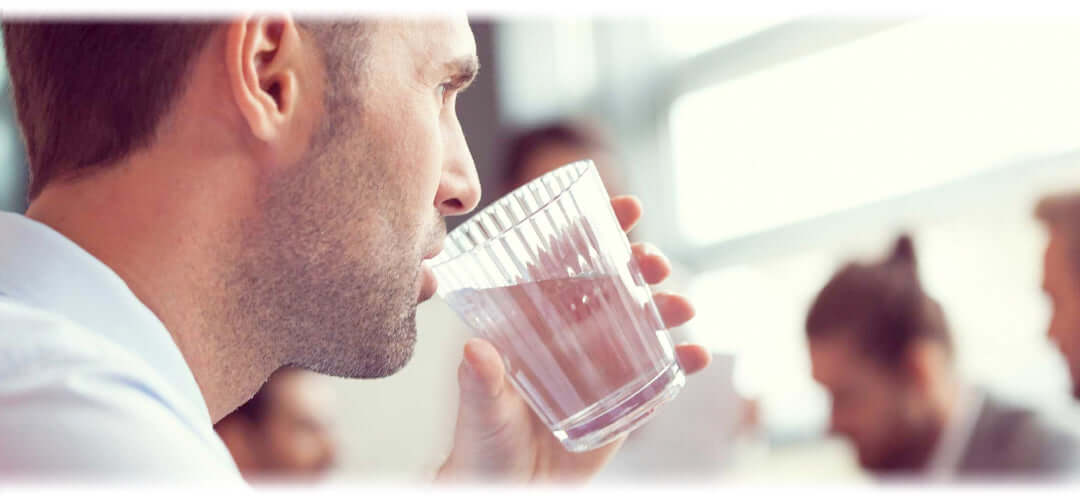
With summer in full swing and recent periods of hot, sunny weather making it harder to keep cool, getting dehydrated becomes more common.
As your body heats up and sweats more, you naturally lose more fluids, so topping them up with water or other cool beverages is essential.
The importance of hydration is something that we have all heard about. It’s vital for our health and wellbeing and our performance in various aspects of everyday life. Hydration is essential for the body to function correctly. It helps maintain blood volume, regulate body temperature, and keep muscles from cramping.
Hydration is crucial in maintaining homeostasis – your body’s state of balance or equilibrium. One way it does this is by regulating its fluid levels. When you become dehydrated, your body can’t function as well as it should. Dehydration can lead to many problems such as headaches, fatigue, nausea and muscle cramps, to name a few. These can be caused by various reasons such as hot weather, strenuous exercise or even alcohol consumption.
Here, we take a closer look at the importance of hydration and the tell-tale signs that you may be dehydrated.
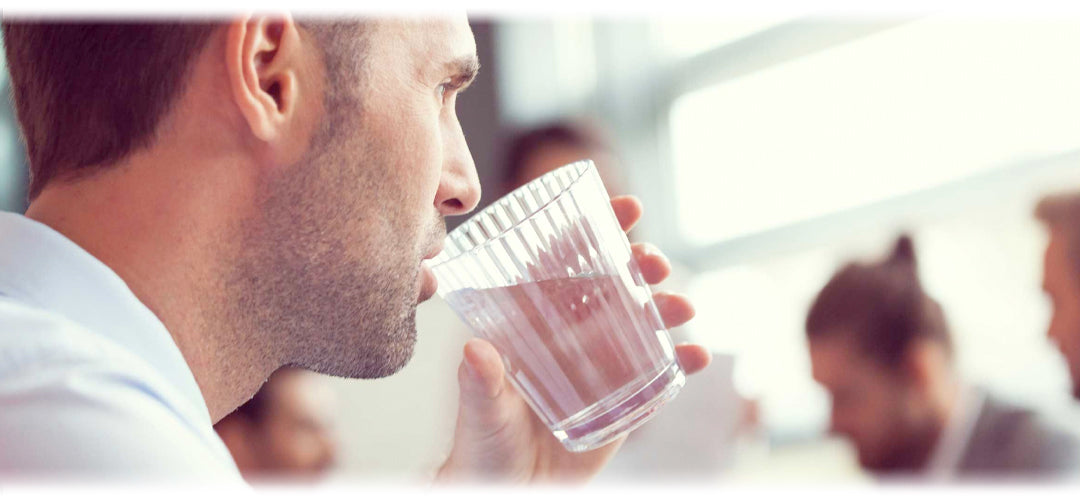
THE IMPORTANCE OF HYDRATION
Hydration is the process of maintaining a healthy amount of water in your body. Your body needs to stay hydrated because it helps regulate your temperature and prevents dehydration. Water is essential for human life. It can help you maintain a healthy weight, improve your mood, and boost your energy levels. It is needed to regulate your body temperature, cushion your organs, and help you digest and process food. In fact, water makes up more than two-thirds of your body weight.
If you don’t drink enough water, you can become dehydrated. It’s recommended that you drink between one and two litres of water a day to avoid any severe health issues. Dehydration is when you lose more fluids than you take in. It can cause several health problems, including heat stroke, kidney stones and constipation. In extreme cases, it can lead to seizures and even death.
So, it’s important to stay hydrated by drinking plenty of fluids throughout the day. Water is the best choice, but juice, milk, and other drinks also count. It’s especially important to stay hydrated during hot weather, when you’re active, if you’re pregnant or living with medical conditions such as diabetes, kidney or liver disease.

WHAT ARE THE DANGERS ASSOCIATED WITH DEHYDRATION?
Many people think dehydration is just about thirst, but that’s not always the case. You may not feel thirsty at all, or your thirst may be so intense that you drink too much water too quickly and cause yourself to vomit or upset your stomach. There are many side effects due to dehydration that you might not be aware of. It can cause headaches, dizziness, poor concentration and an increased heart rate. It can also lead to severe conditions like heat stroke or kidney failure.
Dehydration is not only a problem in the summer. It can happen in any season and any climate. The human body is made up of about 60% water, and the loss of just two per cent of this can cause symptoms. The body loses water in many ways, but the most common is through sweating and urination, although high temperatures, vomiting or diarrhoea can also cause it.
The main symptoms of dehydration are:
- Fatigue
- Constipation
- Dry mouth
- Itchy eyes
- Dizziness
- Mood swings or irritability
- Headaches
- Muscle cramps
- Nausea or vomiting
- Decreased urination
- General weakness
If you notice any of these, you should drink more fluids immediately.
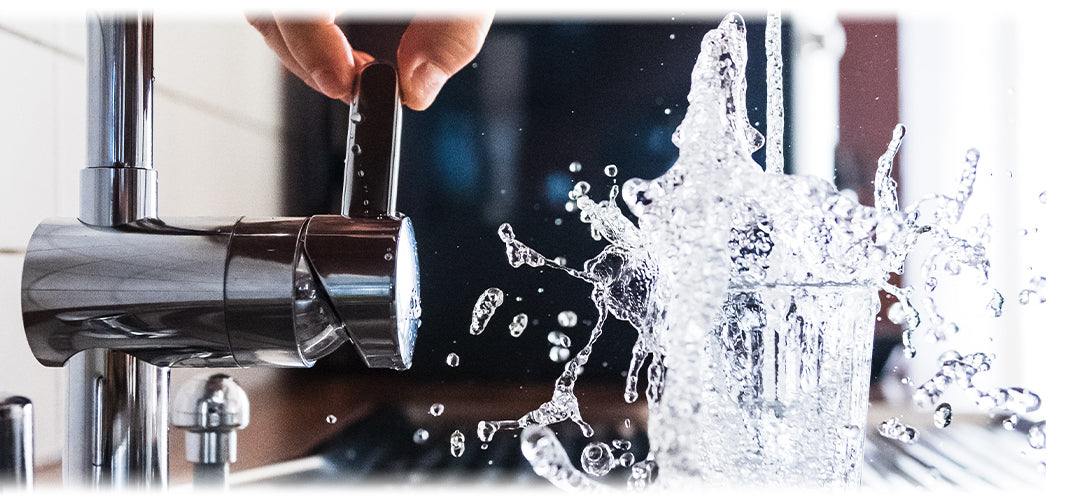
TIPS TO AVOID DEHYDRATION
The best way to avoid dehydration is to drink water throughout the day and before strenuous activity. It’s also important to keep track of how much water you’re drinking so that you know when you need to drink more (or less). However, knowing how much water you need in a day can be difficult. The amount of water a person needs depends on their size, the temperature and humidity of the environment, and their activity levels.
People generally need around the equivalent of eight glasses of water a day, but this number can vary depending on the factors mentioned above. Some of the best ways to stave off dehydration include:
- Drink water before you get thirsty
- Eat more fruits and vegetables with high water content, such as watermelon, cucumber or pineapple
- Start your day with a glass of water or a cup of herbal tea
- Drink more fluids during the day, especially if you’re doing any physical activity
- Reduce your alcohol intake
You should also avoid caffeinated drinks like coffee and tea or over-sweetened beverages like fizzy pop or energy drinks because they cause you to urinate more frequently, which leads to decreased hydration levels as well as increased risk. If you’re looking for a healthier, more natural way to stay hydrated in hot weather, why not try Solstic Energy?
Its blend of natural, energy-releasing ingredients can help top up your fluid levels, provide added stamina, and boost mental alertness without added risk. Its unique formula includes Yerba Maté and Guarana Seed – a natural source of caffeine that releases more slowly than processed caffeine – and Green Tea extracts.
Meanwhile, the B vitamins in Solstic Energy provide an array of health benefits that reduce tiredness and fatigue, and enhance energy-yielding metabolism and immune system function. Solstic Energy has a great natural citrus flavour. It’s been carefully formulated to support the body’s energy-producing systems to keep you hydrated and provide a sustained release of energy whenever and wherever you need it.


